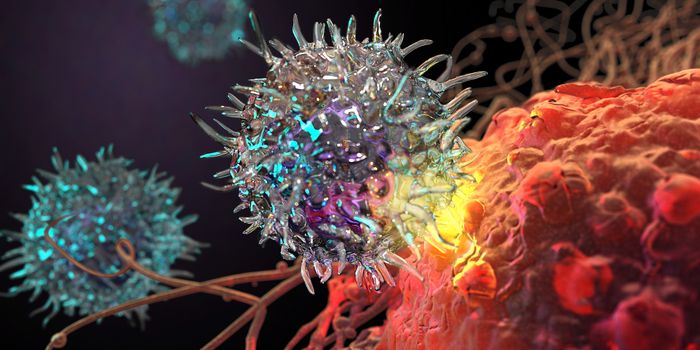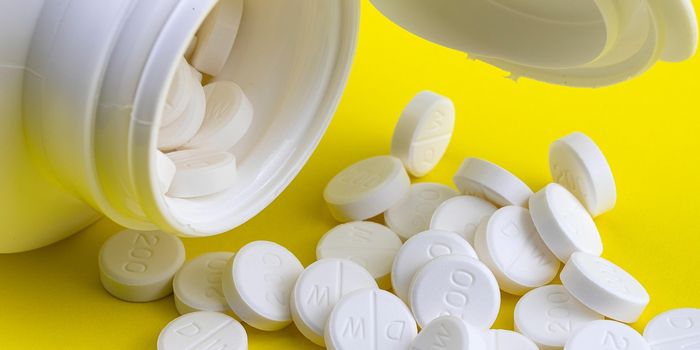When the mind isn’t doing well, doctors can find clues in the body. In particular, scientists in the UK recently found that people with depression have different inflammation profiles that can be picked up with a simple blood test. In addition to helping to diagnose patients, the team says the inflammation biomarkers can help
predict which drugs will be most effective for certain patients. This would, in essence, help reduce the trial and error that often plagues depression patients.

Depression is one of the most common mental disorders in the US. In 2014, nearly 15.7 million Americans experienced at least one major depressive episode. And because depression often goes undiagnosed, this number could be even higher.
Currently, a popular treatment for depression option is with pharmacotherapy – using antidepressants to reduce mood symptoms. There are many classes of antidepressants, each targeting different neurotransmitters associated with depression. Though there are many options for which antidepressants patients can take, getting the right drug for the right patient is a challenge.
"If [patients] don't get better, they just switch drugs and then switch again with hope that one will work," said Carmine Pariante, professor at Kings College London and senior author of the study.
Researchers have long known that stress influences inflammation markers, and this is no different with depression. To test whether a blood test can reveal these markers, scientists at the King's College London tested blood samples from 140 people with depression.
The team honed in on 2 biological markers: MIF (migration inhibitory factor) and IL-1B (interleukin-1beta). They found that about one-third of their cohort have high levels of these 2 markers. Interestingly, these same patients were also less likely to respond to SSRIs (selective serotonin reuptake inhibitors) and tricyclic antidepressants – two of the most common, first-line drugs doctors typically prescribe.
"We determined with 100% accuracy when patients will not respond to these first-line drugs," Pariante said. "This one-third need a more complex intervention."
The blood test could theoretically distinguish these patients and doctors can prescribe an alternative antidepressant class from the start. "We would not want to go in prescribing too much medicine if it's not necessary, but we would want to escalate people sooner rather than later if they need it,” said Pariante. This would bypass side-effects from antidepressants that would not appear to be outweighed by any benefits for the patients.
"Being able to target those people with depression who don't respond to medication would be one of the most exciting steps forward in the treatment of mental illness for decades,” said Marjorie Wallace from the mental health charity SANE.
Additional sources:
CNN,
BBC









